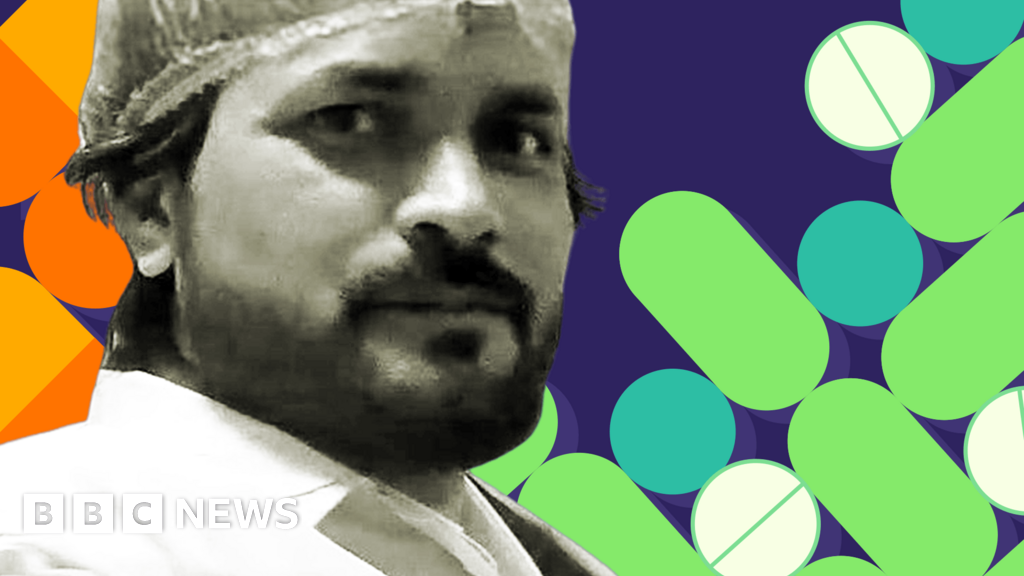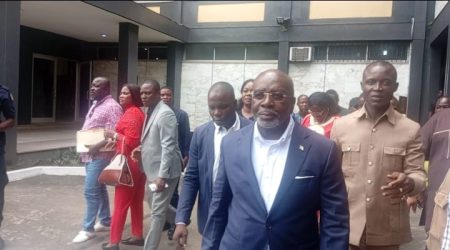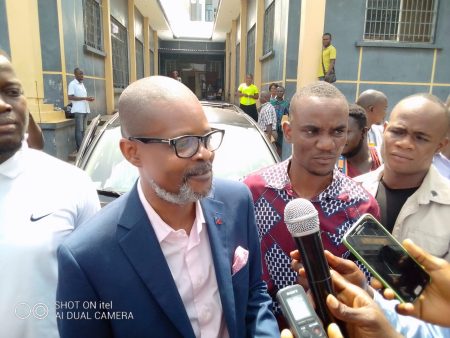A BBC Eye Investigations documentary, India’s Opioid Kings, has exposed the illicit activities of Aveo Pharmaceuticals, an Indian company manufacturing and exporting unlicensed, highly addictive opioid pills to West Africa, fueling a public health crisis. These pills, marketed under various brand names, contain a potent cocktail of tapentadol, a strong opioid, and carisoprodol, a muscle relaxant banned in Europe due to its addictive properties. This combination is unlicensed globally and poses severe health risks, including breathing difficulties, seizures, and even death from overdose.
Despite these dangers, these opioids are widely abused as street drugs across West Africa. The BBC’s investigation tracked the pills, bearing the Aveo logo, to street markets in Ghana, Nigeria, and Cote D’Ivoire. An undercover operative, posing as an African businessman, infiltrated Aveo’s factory in Mumbai, capturing incriminating footage of director Vinod Sharma showcasing the same harmful products found in West Africa. Sharma, unfazed by the operative’s stated intention to sell the pills to teenagers in Nigeria, even advised on dosage for achieving a “high,” admitting the product’s detrimental health effects while callously prioritizing profit.
The consequences of this illicit trade are devastating. In Tamale, Ghana, the opioid epidemic has reached such alarming proportions that a local chief has established a citizen task force to combat drug dealers and remove these pills from the streets. The pills are described as consuming the sanity of users, wasting lives, and spreading like wildfire fueled by kerosene. Nigeria, with its vast population, represents the largest market for these drugs, exacerbating the crisis and impacting communities nationwide. The chairman of Nigeria’s Drug and Law Enforcement Agency emphasized the devastating impact of opioids on Nigerian youth and families.
Aveo’s operations violate Indian law, which prohibits the manufacture and export of unlicensed drugs unless they meet the importing country’s standards. Ghana’s national Drug Enforcement Agency confirms that the combination of tapentadol and carisoprodol found in Aveo’s products is unlicensed and illegal in Ghana. This exposes Aveo’s blatant disregard for regulations and highlights the international scope of this illicit drug trade. Despite being presented with these allegations, Aveo Pharmaceuticals and Vinod Sharma have remained silent.
The Indian drug regulator, CDSCO, acknowledging India’s responsibility towards global public health, asserts its commitment to maintaining a robust pharmaceutical regulatory system. They emphasize close monitoring of drug exports and strict enforcement of recently tightened regulations. They also call upon importing countries to strengthen their regulatory systems to support India’s efforts. The CDSCO confirms communication with West African nations regarding this issue and pledges to collaborate to prevent such malpractice.
The CDSCO’s statement further underscores its commitment to taking immediate action against any pharmaceutical company engaged in malpractice. This signals a potential crackdown on companies like Aveo and reinforces the seriousness with which India views the illegal manufacture and export of unlicensed pharmaceuticals. The documentary highlights the urgent need for international cooperation to combat the devastating impact of this opioid crisis on West African communities.














